Agroscope now also Inspects Organic Feed
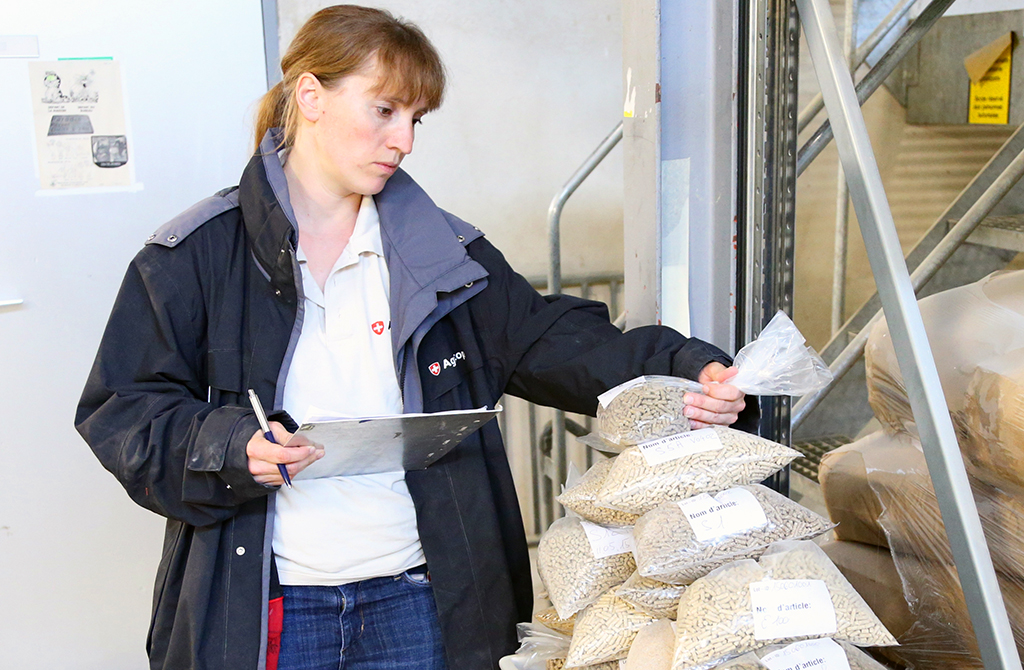
Agroscope’s official Feed Inspectorate checks that producers and distributors of feedstuffs work in accordance with the requirements of the statutory regulations. Since the revision of the Organic Ordinance (SR 910.18), which came into effect on 1/1/2015, Agroscope is also responsible for feed from organic farming. Consequently, it grants registration or certification of the companies in question, carries out on-site inspections, inspects feedstuffs, and authorises new products.
Measuring Greenhouse Gases whilst Cattle Feed
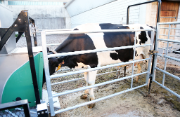
With the acquisition of the GreenFeed system, Agroscope researchers now have a way to measure methane and carbon dioxide output from cattle without removing the animals from their usual surroundings or burdening them with measuring equipment. This mobile system also permits measurements on pasture and of entire herds. Specifically, whilst the cattle feed at an automatic feeder, respiratory and ambient air are aspirated near their muzzle and the methane and carbon dioxide emissions determined.
Researching Grazing Strategies for Drought
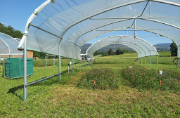
Ongoing climate change puts grassland production under increasing pressure. Agroscope is investigating the effects of drought on pastures in the Jura mountains at different altitudes, in spring and summer (two stress periods), and under intensive and extensive management. The main aims of this project are to study the effects of drought periods on plant communities and to achieve a better understanding of the resistance mechanisms involved.
Raising Surplus Piglets without a Mother Sow
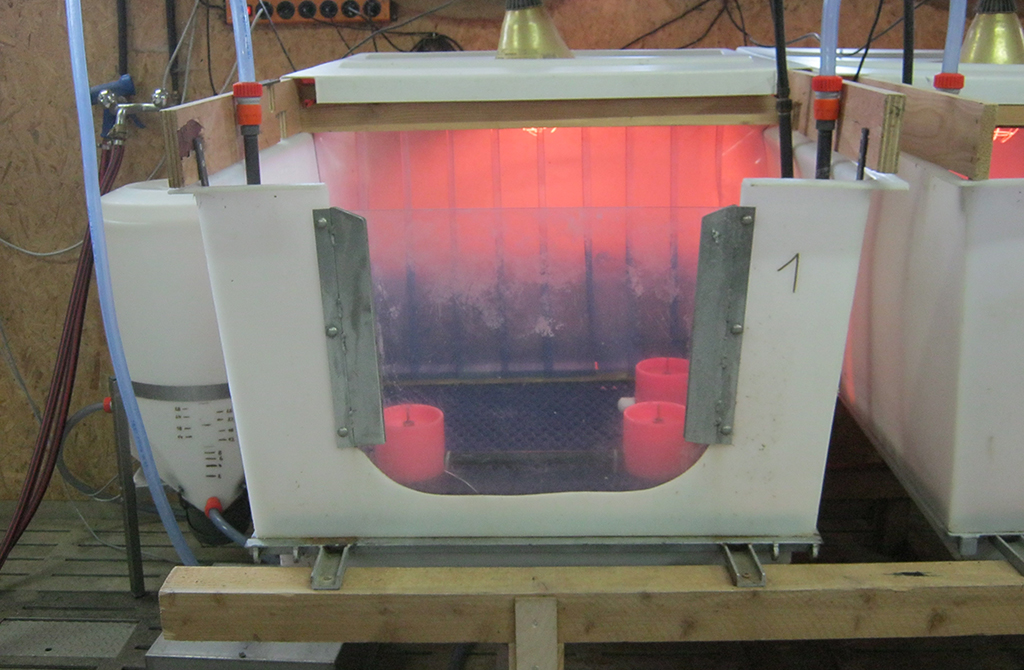
Where litters are too big, there is the possibility of raising ‘surplus’ piglets in artificial piglet-rearing systems. The Centre for Proper Housing of Ruminants and Pigs of the Swiss Federal Food Safety and Veterinary Office FSVO at Agroscope investigated the effects of systems available in Switzerland on piglet behaviour. The conclusion: Piglets in artificial rearing systems exhibit more behavioural disorders, less-pronounced play/fighting behaviour, and shorter resting phases.
Tried-and-Tested Analysis Methods in a New Guise
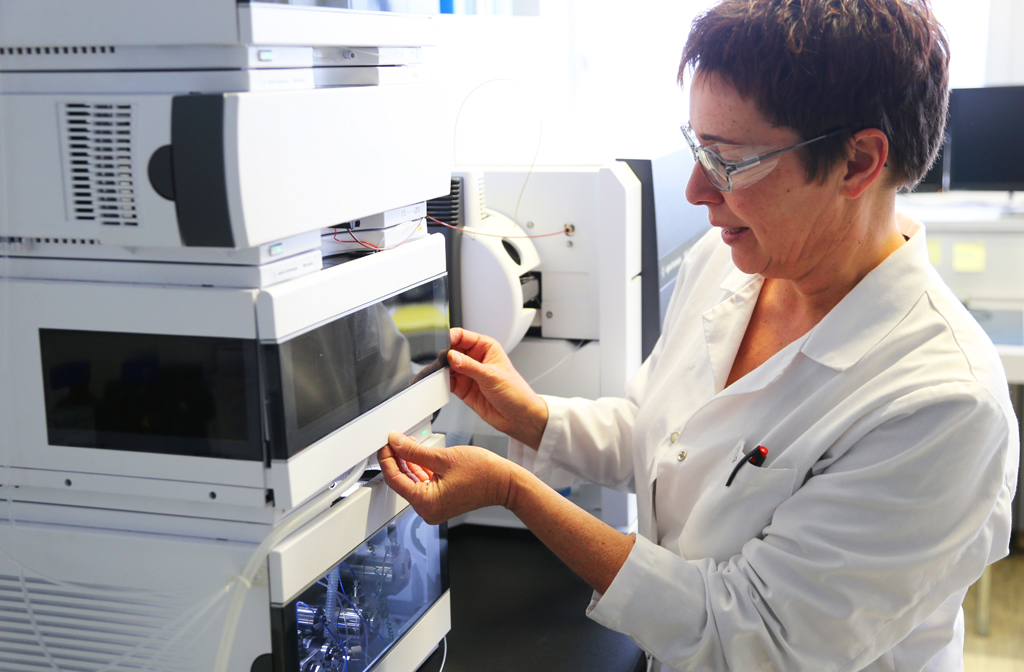
For all feedstuffs – whether grass, hay, or concentrated-feed cubes – it is important to calculate the ethanol and total water-soluble sugar content, in order to determine quality. This aim is at the heart of two methods of analysis which are being further developed according to need, and which are expected to be in use from 2016 onwards. The ‘ethanol-soluble’ method was already in use, but is now being implemented fully automatically, whilst the ‘water-soluble’ method is being introduced at Agroscope for the first time.





